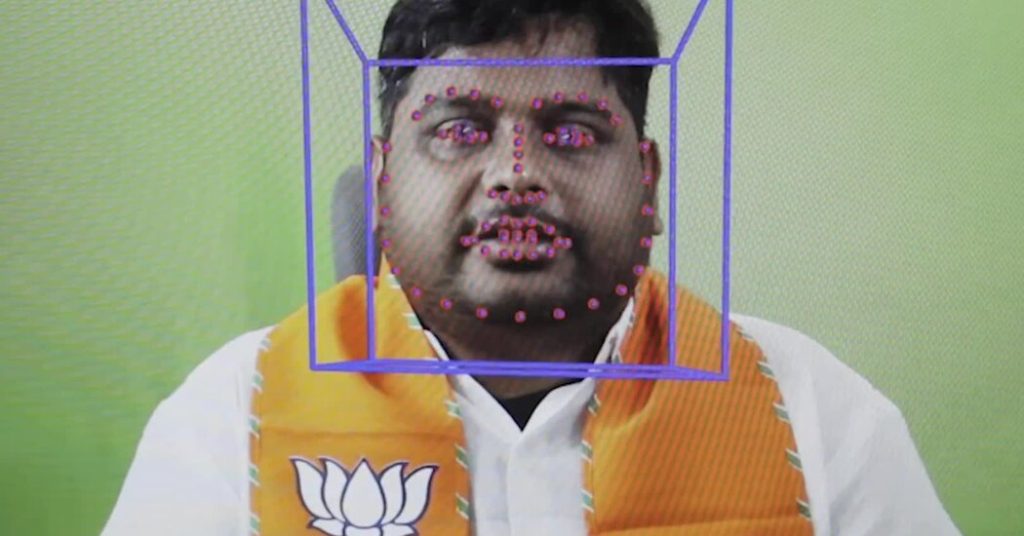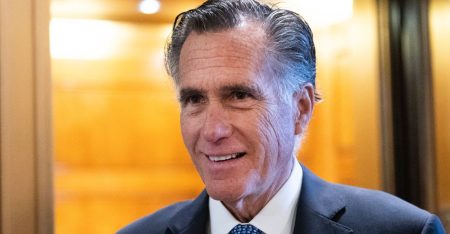Artificial intelligence is changing the landscape of election campaigns in India, the world’s largest democracy. A.I. generated versions of political leaders like Prime Minister Narendra Modi are being shared on platforms like WhatsApp, delivering hyper-personalized messages directly to voters by name. These messages can be in different languages, making outreach more efficient and cost-effective. However, the technology also presents challenges as it can be difficult for voters to distinguish between real and synthetic messages, especially as the technology advances and spreads.
Elections worldwide have become a testing ground for A.I. tools, with examples such as using deepfake content to manipulate voter perceptions. In India, political parties have accused each other of spreading election-related deepfakes online. In Rajasthan, an A.I. startup named The Indian Deepfaker is creating A.I.-generated avatars of politicians to deliver personalized messages to voters. This technology allows for rapid dissemination of information about government programs and policies to a large number of people in a short period of time.
The process of creating these A.I.-generated avatars involves isolating facial features and analyzing voice recordings to ensure accurate representation. These avatars can speak in multiple languages, removing language barriers to reach diverse populations. By using chatbots like ChatGPT, political parties can send personalized video messages and make phone calls directly to constituents, creating a more engaging political communication strategy. The goal is to capture voters’ attention and provide them with relevant information tailored to their needs.
Although the effectiveness of A.I. content in influencing the outcome of elections is debated, the long-term implications are concerning. Normalizing the use of A.I. in political campaigns could lead to an increase in deceptive videos and misinformation. There is a growing awareness of the need for regulations to govern the use of A.I. in election campaigns to protect data privacy and uphold election integrity. Some A.I. startups, like The Indian Deepfaker, are taking steps to label their content as A.I.-generated to ensure transparency.
Personalized A.I. messages have the potential to be persuasive among Indian voters who enjoy interacting with celebrity impersonators. The level of personalization and engagement offered by A.I. tools can make voters feel connected to political leaders and more enthusiastic about supporting them. Despite concerns about the impact of A.I. content on elections, there is acknowledgment of the benefits it brings in terms of efficiency and reach. As A.I. continues to evolve and become more integrated into election campaigns, it is crucial to establish safeguards to prevent misuse and ensure the responsible application of this technology.















